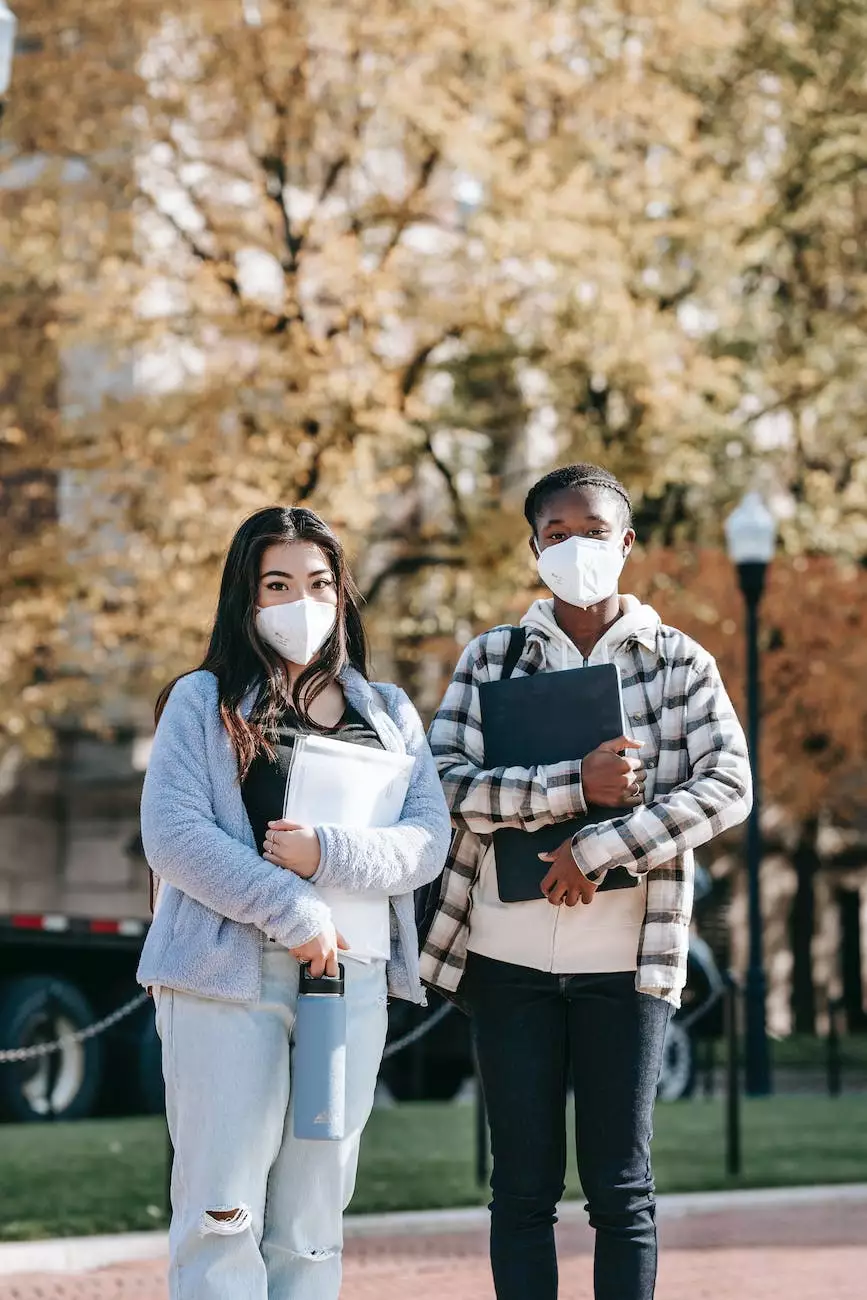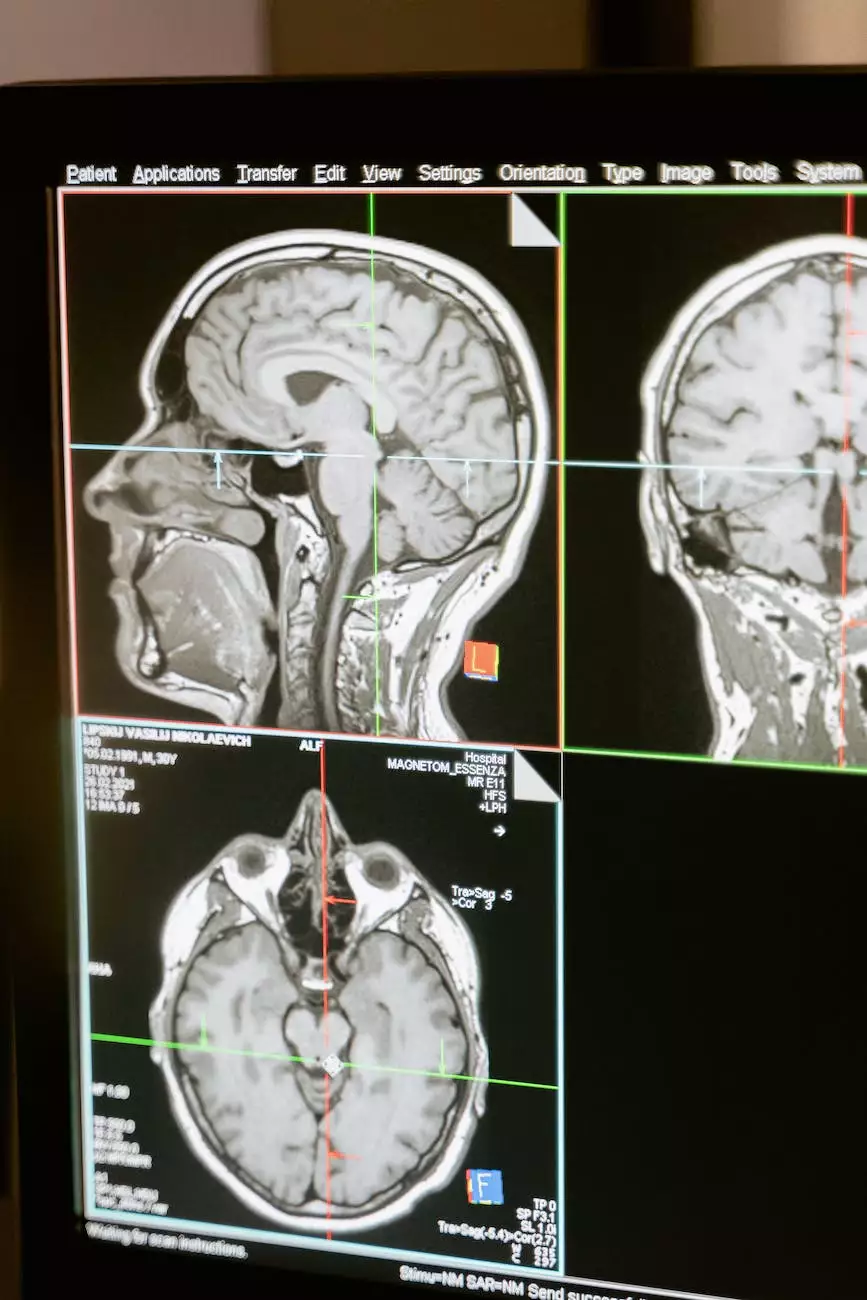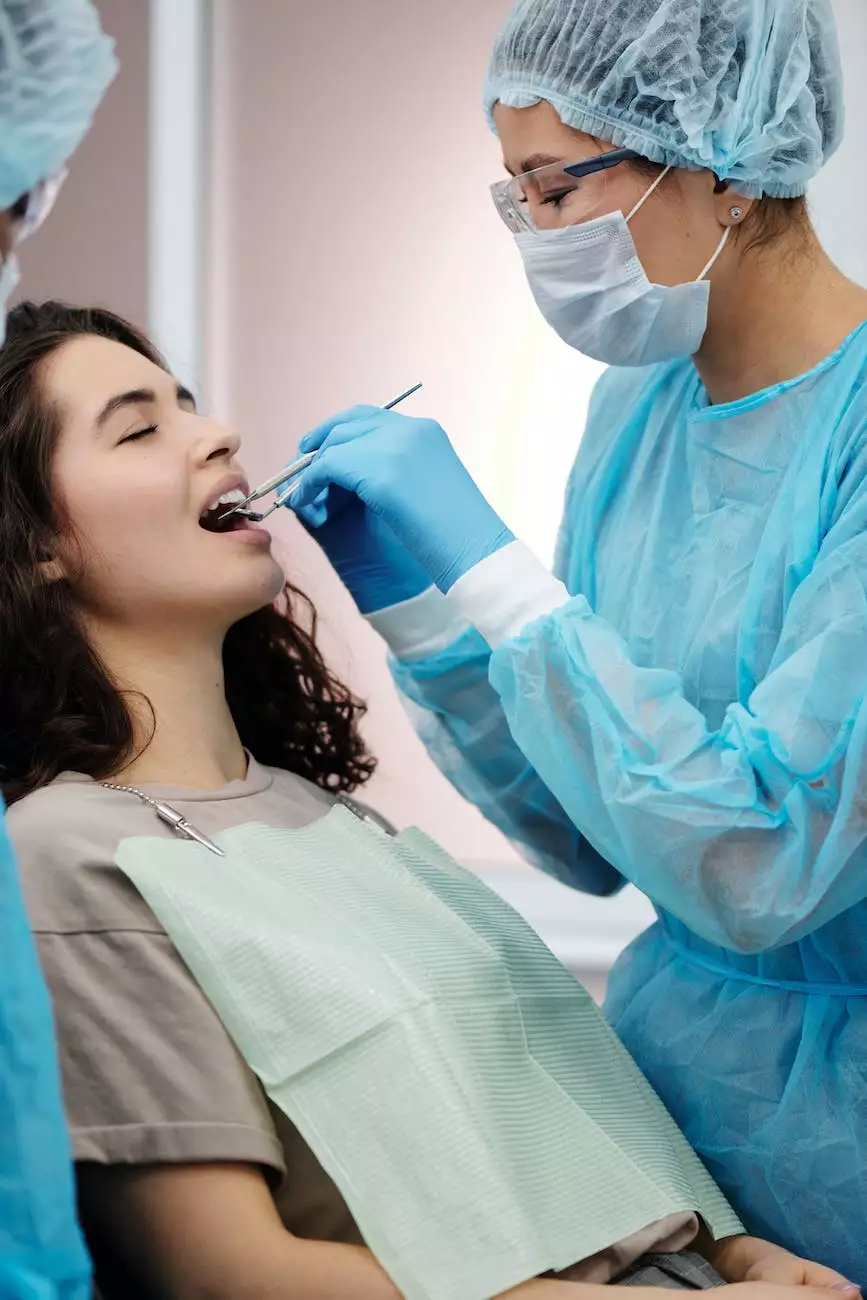Freshman 15 to COVID 15, a new trend has doctors concerned
Blog
The Impact of the Pandemic on Weight Gain
As the world continues to grapple with the ongoing COVID-19 pandemic, another concerning trend has emerged - the shift from the traditional concept of the "Freshman 15" to what is now being called the "COVID 15." This new phenomenon highlights the weight gain experienced by individuals during the pandemic and has raised concerns among medical professionals, including Richard Martinez, MD.
Understanding the Freshman 15
The Freshman 15 has long been a term used to describe the weight gain commonly experienced by college freshmen due to various lifestyle factors. The transition to college often involves significant changes in eating habits, increased stress levels, and decreased physical activity, leading to weight gain. However, with the onset of the COVID-19 pandemic, these factors have become even more pronounced.
The COVID-19 Lockdown Effect
The COVID-19 lockdown measures imposed worldwide have had a profound impact on individuals' daily routines and lifestyle habits. With many people working or studying from home, the lack of structure and increased sedentary behavior have contributed to weight gain across all age groups, not just college students.
Furthermore, the closure of gyms, limited outdoor activity options, and increased stress and anxiety related to the pandemic have all contributed to an unhealthy environment that promotes weight gain. People finding solace in comfort foods and indulging in stress eating have become prevalent coping mechanisms during these challenging times.
The Importance of Maintaining a Healthy Lifestyle
Dr. Richard Martinez emphasizes the importance of maintaining a healthy lifestyle, especially during these unprecedented times. Adhering to a balanced diet, engaging in regular physical activity, and managing stress levels can significantly mitigate the risk of weight gain and related health issues.
Expert Recommendations
According to Dr. Martinez, incorporating these simple strategies can help individuals counteract the weight gain caused by the pandemic:
1. Prioritize Nutritious Meals
Focus on consuming whole foods rich in nutrients, such as fruits, vegetables, lean proteins, and whole grains. Minimize the intake of processed foods, sugary beverages, and high-calorie snacks.
2. Engage in Regular Physical Activity
Find ways to stay active, even from home. Incorporate exercises into your daily routine, such as home workouts, yoga, or brisk walks. Take advantage of online fitness classes and virtual training sessions.
3. Manage Stress and Emotional Well-being
Practice self-care activities like meditation, deep breathing exercises, or engaging in hobbies to reduce stress levels. Reach out to friends and loved ones for support, and consider seeking professional help if needed.
4. Establish a Consistent Sleep Schedule
Prioritize quality sleep by maintaining a regular sleep schedule. Aim for 7-8 hours of uninterrupted sleep each night to support overall well-being and maintain a healthy weight.
Conclusion
The Freshman 15 to COVID 15 trend is a concerning development that sheds light on the impact of the pandemic on individuals' health and well-being. Richard Martinez, MD, stresses the importance of adopting healthy lifestyle habits, especially during these challenging times. By prioritizing nutritious meals, physical activity, stress management, and sleep, individuals can take control of their health and minimize the risk of weight gain. Remember, it's never too late to make positive changes for a healthier future.










